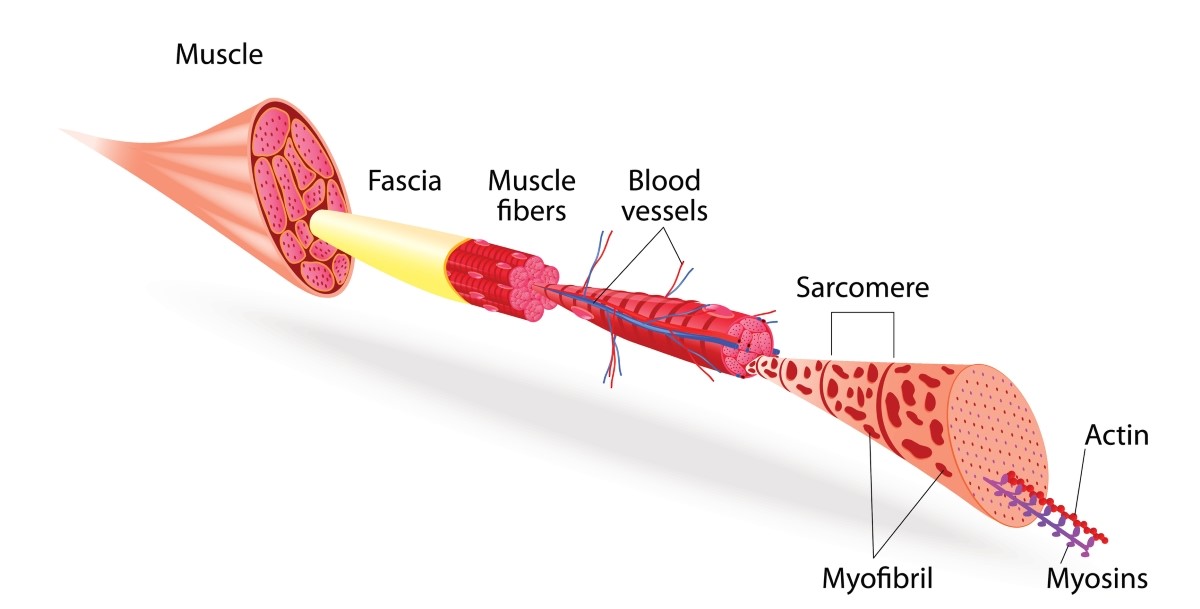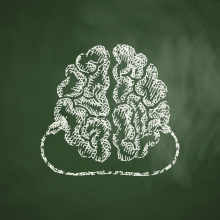McGill researchers have discovered, for the first time, the importance of a key epigenetic regulator in the development of the hippocampus, a part of the brain associated with learning, memory and neural stem cells. Epigenetic regulators change the way specific genes function without altering their DNA sequence. By working with mutant mice as models, the research team, led by Prof. Xiang-Jiao Yang, of McGill’s Goodman Cancer Center & Department of Medicine, McGill University Health Center, was able to link the importance of a specific epigenetic regulator known as BRPF1 to the healthy development of a region in the hippocampus called the dentate gyrus.












